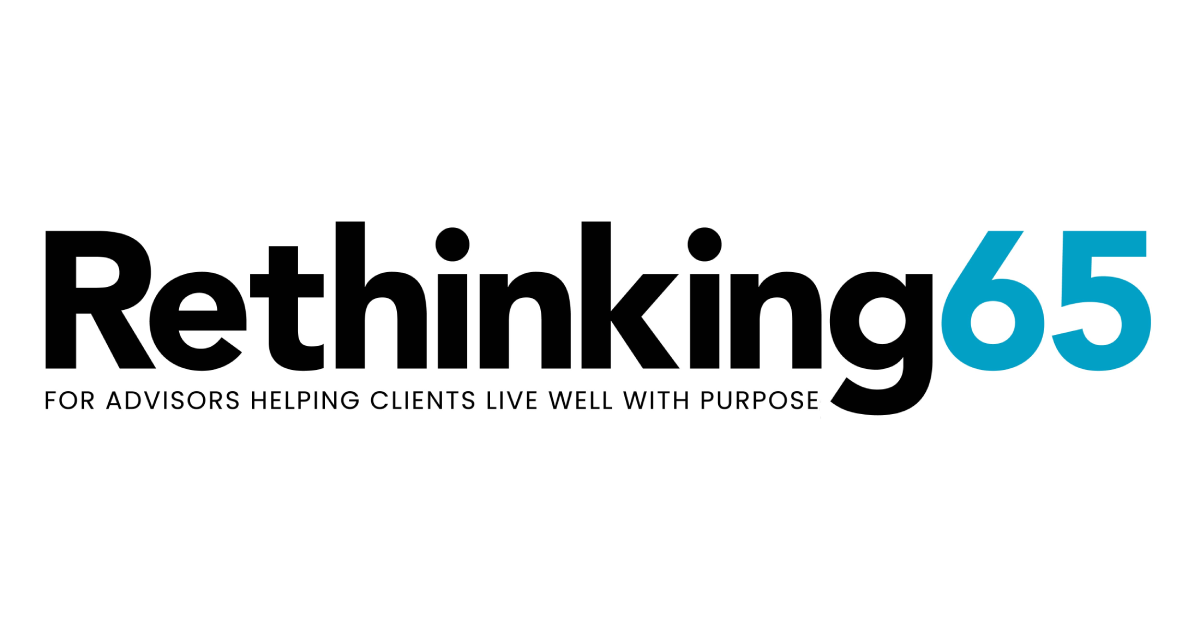
In a significant advancement in higher education accessibility, Rice University has announced that it has allocated over 0 million in financial aid through its Rice Investment program over the past five years. This innovative initiative, launched during the 2019-2020 academic year, aims to alleviate the financial burdens faced by students from economically disadvantaged backgrounds by covering comprehensive attendance costs, which include tuition, fees, and living expenses.
The Rice Investment program is designed to fully support students from families with an annual income of less than ,000, ensuring that they can attend the prestigious Houston-based institution without the worry of accumulating debt. Additionally, the program extends its benefits to many middle-income families earning between 0,000 and 0,000 by offering free tuition for those within this income bracket and half-tuition support for some upper-income families. This model reflects a distinctive approach in the landscape of financial aid, as it seeks to bridge the gap for a broader range of economic backgrounds compared to traditional financial aid offerings.
Since the program’s inception, Rice has reported a remarkable increase of 54% in grant aid compared to the previous five-year period, with nearly 2 million awarded in the 2023-24 academic year alone. Notably, the initiative is characterized by its loan-free policy, providing students with peace of mind as they pursue their academic and professional aspirations.
“Our mission at Rice is to eliminate financial barriers for exceptional talent,” stated President Reginald DesRoches. “The success of The Rice Investment underscores our commitment to providing an accessible education for students from all economic backgrounds. It transcends a conventional financial aid package; it is an investment in our students’ futures.”
Currently, 53% of Rice undergraduates benefit from financial aid, with the average aid package in the 2023-24 academic year reaching a record ,233—this amount covers approximately 80% of the total cost of attendance. This represents a 13-percentage-point increase since 2015, indicating the university’s ongoing commitment to affordability and support.
The Rice Investment program not only enhances the university’s enrollment diversity but also sets a precedent in the higher education sector, illustrating a modern approach to financial aid that accommodates a wide spectrum of income levels. In an era when the cost of higher education continues to escalate, Rice University’s initiative serves as a model for other institutions committed to increasing accessibility and fostering a diverse learning environment.


